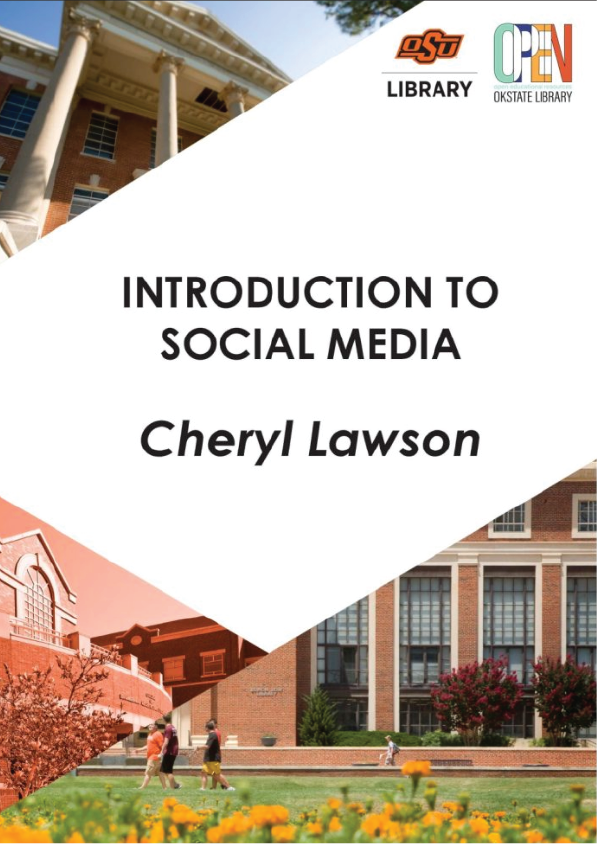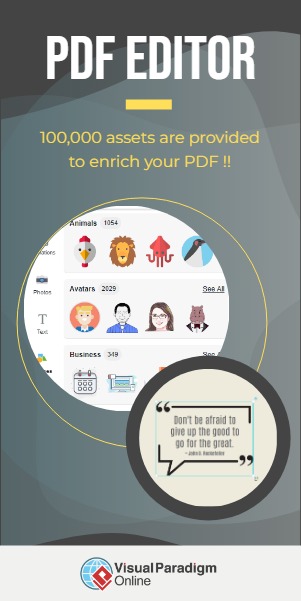If 2020 taught us anything, it is that our work lives are no longer about being in a specific location, small businesses are essential businesses, Wi-Fi is a luxury not afforded to so many in our society, and toilet paper is king. But I digress.
As millions of people worked from home, businesses were forced to adapt, the gig economy provided a new way for small businesses and individuals to survive financially. Without a doubt, social media and other digital platforms were better equipped at handling all of our professional and personal needs than most previously realized. You only need to look at companies like Zoom, Instacart, TikTok, and Youtube as examples of how important digital marketing is to all of us.
The American Marketing Association defines marketing as:
“The activity, set of institutions, and processes for creating, communicating, delivering, and exchanging offerings that have value for customers, clients, partners, and society at large.”
https://www.ama.org/the-definition-of-marketing-what-is-marketing/
This definition sounds pretty vague and general, but one word should stand out to you in this description – Customers.
In the well-known marketing Guide, Principles of Marketing, the authors Philip Kotler and Gary Armstrong explain marketing in the following ways.
“Marketing, more than any other business function, deals with customers.”
“Marketing is engaging customers and managing profitable customer relationships”
– Principles of Marketing, Northwestern University 13th edition
Their definition may sound a little more familiar to those of you in business. Marketing professionals assist businesses in attracting new customers through superior value proposition as well as achieve customer satisfaction to earn loyalty and build credibility.
It’s a prevalent misconception that marketing is all about selling and advertising. Others misinterpret the concept and think that marketing involves promoting products available in display shelves at stores and maintaining inventories of products for future sales. However, the job of a marketer isn’t only inventory management and pushing people to purchase their products.
At a high level, digital marketing refers to advertising delivered through digital channels such as search engines, websites, social media, email, and mobile apps. Using these online media channels, digital marketing is the method by which companies endorse goods, services, and brands. Consumers heavily rely on digital means to research products. For example, Think with Google marketing insights found that 48% of consumers start their inquiries on search engines, whereas 33% prefer to consult brand websites and the remaining 26% consumers search within mobile applications.
While modern day digital marketing is an enormous system of channels to which marketers simply must onboard their brands, advertising online is much more complex than the channels alone. In order to achieve the true potential of digital marketing, marketers have to dig deep into today’s vast and intricate cross-channel world to discover strategies that make an impact through engagement marketing. Engagement marketing is the method of forming meaningful interactions with potential and returning customers based on the data you collect over time. By engaging customers in a digital landscape, you build brand awareness, set yourself as an industry thought leader, and place your business at the forefront when the customer is ready to buy.











